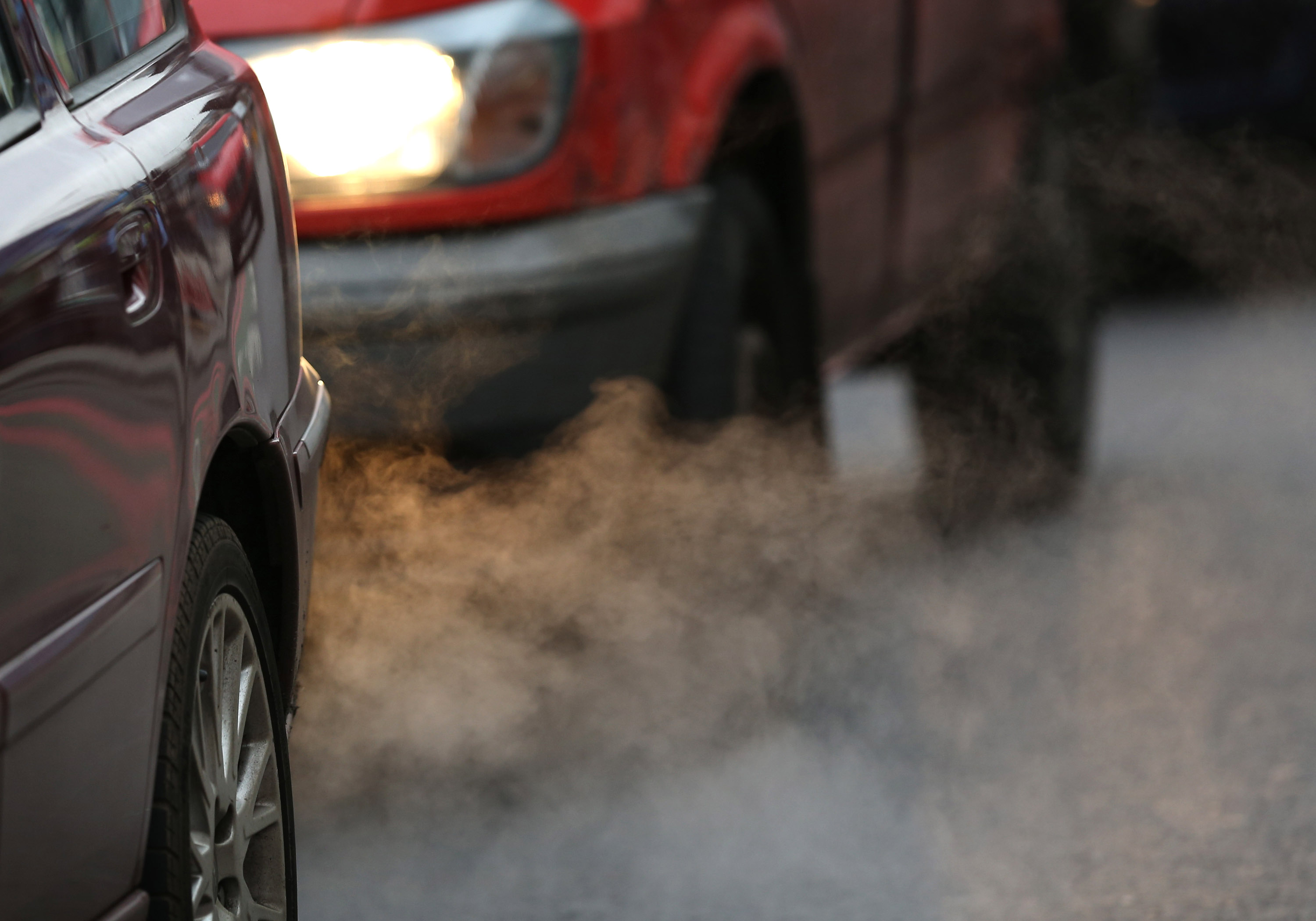Comment: How air pollution politics made a parody of ‘purdah’

Last Thursday, lawyers stood before the High Court and defended the government’s decision to withhold publication of a national air pollution plan beyond its legal deadline.
The plan could not be published so close to local elections (or the general election), James Eadie QC told the court, because it would threaten the democratic process and would “end up crystallising it as a matter over which political parties fight”.
The judge rejected this bid to delay publication until after the general election, but he agreed that local elections posed a serious issue and agreed to extend the deadline until new councillors took up their seats on 9 May.
Yet at 10pm on Tuesday night, the Telegraph published a story about the plan, apparently based on a detailed briefing from well-placed Conservative sources. It is not the full plan – which will come on Friday – but it is likely to be the core of it.
It appeared on the front page, the day before the local elections.
Hidden behind the headline about a diesel scrappage scheme was a clear message from the Conservative party to local officials: do not introduce charges on diesel vehicles in our name.
The paper quoted a Conservative party source as saying: “We are clear that measures other than charging zones should be preferred if they are as effective at reducing pollution. We are not mandating any council to levy charges on private cars and motorbikes. Councils will need to justify any policy to their electorate.”
“Shocking hypocrisy”
The fiasco has prompted the Liberal Democrats to accuse the Conservatives of “shocking hypocrisy, double standards” and wasting taxpayer money.
Sarah Olney, the Liberal Democrat candidate who ousted Zac Goldsmith last year, said:
“First the Tories claimed they could not publish these plans because of election purdah rules, then they leak them ahead of the local elections. It smacks of shocking hypocrisy and double standards.
“The Conservatives wasted taxpayers’ money trying to delay vital air quality measures through the courts and have now completely contradicted their own case.
Court decision
The government based its argument in court on Cabinet Office guidance about pre-election rules called purdah, which are supposed to prevent any sitting government or political party having an unfair advantage.
Sue Gray, director-general of the Cabinet Office “Propriety and Ethics” team (and the most powerful person you’ve never heard of, according to the BBC), had submitted to the court that:
“The purdah periods act to restrict publications by local or central government in respect of matters that relate to impending elections in the periods set by convention preceding them. The intention of these periods is to prevent central and local government appearing to or actually influencing the outcome of such elections, as well as to avoid competing with the candidates for the attention of the public.”
The judge ruled:
“I am prepared to extend time so as to enable the local elections to be conducted, and the new councillors to take up their posts, before the draft is published but I decline to extend time to cover the general election period. The draft plan must be published the day after the local elections and the date for the publication of the final plan will be unchanged.”
Note the date for publication was later amended to the 9 May, the day after local officials will be appointed.
Serious questions
At the heart of the ruling was the fact that purdah rules are not law, but convention.
But still the spectacle of anonymous sources apparently flouting those rules – and at least the spirit of last week’s court ruling – raises serious questions.
Is purdah a set of principles that all parties adhere to out of respect of the democratic process, or is it being used selectively for political gain? How did the Telegraph’s source obtain their information about such sensitive government proposals? What impact might this have on the local elections?
Unearthed contacted the Electoral Commission and asked them for their guidance on how a political party in the midst of a campaign should handle the release of new government policies.
The Electoral Commission – “the independent body that oversees elections and regulates political finance in the UK” – said they couldn’t comment because they have no guidance on the matter.
They recommended contacting the Cabinet Office for their guidance on purdah – the very guidance the government relied on in court.
So Unearthed asked the Cabinet Office if they had given any advice on the story. The Cabinet Office declined to comment and said it was a matter for the environment department (Defra).
Defra said it was a political matter for the Conservative party. The Conservative party are yet to respond to requests for comment.
Unearthed also put the questions to the Local Government Association, a national membership organisation for local councils.
Their response?
They can’t comment because of purdah rules.

